 We couldn't let her slide any longer. 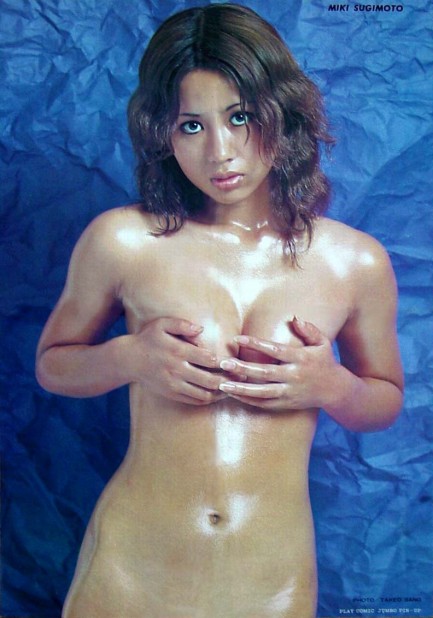
We've had this sitting around for ten whole years. We were reluctant to post it because it's so rare. This tug of war went on forever, but today we've finally overcome our reservations because, after all, even though the scan will proliferate on the internet—and possibly even end up on Ebay like some of our other scans—we still have the physical item. So above you see iconic Japanese pinku actress Miki Sugimoto, star of such films as Zeroka no onna: Akai wappa, aka Zero Woman: Red Handcuffs and Sukeban gerira, aka Girl Boss Guerrilla. A photographer named Takeo Sano was responsible for the image, and it was published as a four panel centerfold in the magazine Purei Comikku, or Play Comic, in 1973. Sugimoto has provided plenty of material for our website over the years. It's difficult to choose her greatest hits, but if forced, we'd say her best are here, here, and here. And maybe here too.
 That whole prison rehabilitation thing doesn't seem to be working. 
Well, this completes the collection of posters we have for Zeroka no onna: Akai wappa, aka Zero Woman: Red Handcuffs, starring Miki Sugimoto as a vigilante cop released from prison to take on a gang of kidnappers. We've shown you the limited edition poster panted by Toru Shinohara, and the tateken sized promo. This is the standard sized poster and finishes up all the promo material we have on this iconic film. Don't worry, though. We have more on Sugimoto and even some rare promo images of her never before seen online. We'll get to those later.
 You have the right to remain dead. 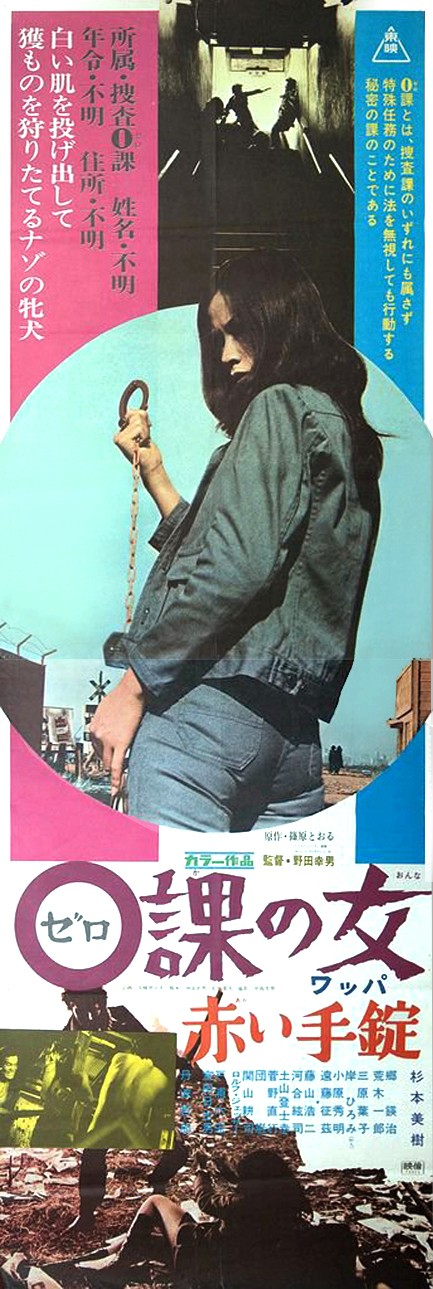
We already showed you a rare hand-painted poster for the pinky violence actioner Zeroka no onna: Akai wappa, aka Zero Woman: Red Handcuffs. Today we're showing you the tateken poster, which is rare too, so much so that this may be the best scan you'll of it see online. The kind of washed out look is part of the design. If you haven't seen the movie, it's about a vigilante cop played by Miki Sugimoto who is released from prison by a government agency in order to take down the kidnappers of a powerful politician's daughter.
Like most pinku movies, there's some sexual violence, and many reviewers excoriate this admittedly overused plot device. We don't claim those reviewers are wrong, but it should be noted that rape in pinku is often symbolic, serving both to advance the immediate plot and implant a deeper message. In this case the main perpetrator in the sexual assault of a young Japanese woman is wearing U.S. Navy coveralls. The depth of negative feeling about the U.S. occupation of Japan is made clear. All that said, the constant use of sexual assault in Japanese film—if it was ever artistically justified at all—definitely jumped the shark with the arrival of Nikkatsu Studios' roman porno offerings. We've talked about that before.
One interesting part of assessing vintage art is that at the time it was created the artists often thought they were making a certain statement, but decades later their art is perceived as sending the exact opposite message. Such is the case with pinky violence movies, in which maverick male filmmakers—in this case Yukio Noda—showed Japanese women taking on and usually destroying an entrenched male power structure, but only after being driven to it through degradation and violence. Which in screen terms meant rape. Were there other ways to show women driven to the point where they would kill? No doubt, but in patriarchal 1970s Japan the shock of these films was not how women were driven to kill men, but that they did—and often got away with it.
Miki Sugimoto deals with with some very bad men in Zero Woman, but her focus never wavers. She's to rescue the kidnapped daughter and dispose of the abductors in such a way that no news coverage or police investigation points back toward the father. Wrapped in a crimson raincoat she dispatches villain after villain, but learns that not even the presumed good guys are redeemable—not the politician, not the cops, nobody. It's grim, cynical, nihilistic stuff—and a classic of the genre. Zeroka no onna: Akai wappa opened in Japan today in 1974. 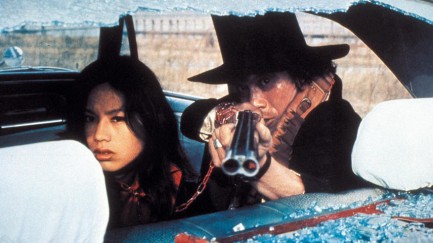
 Sugimoto heats up summer in Tokyo. 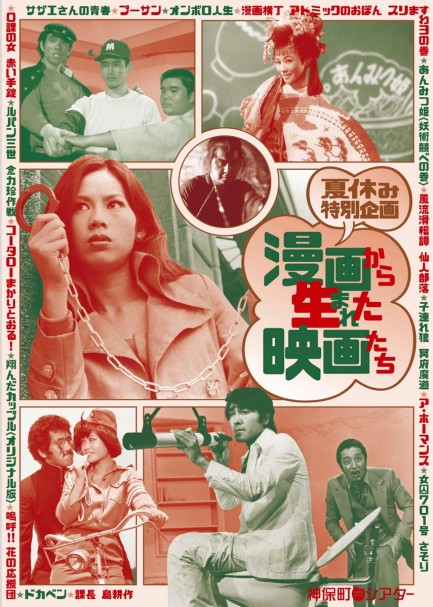 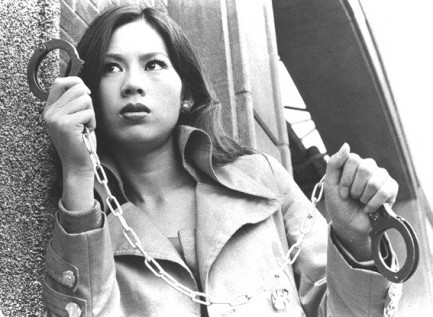
We like to keep an eye out for these cinema flyers advertising vintage pinku flicks because they usually feature imaginative reworkings of iconic imagery. In this case, Miki Sugimoto appears front and center on a flyer produced for a film festival at the Jinbōchō Theater, an arts complex comprising a theatre, cinema, and performance space opened in 2007 by Shogakukan publishers in the Jinbōchō neighborhood of Chiyoda, Tokyo. The shot of Sugimoto comes from her 1974 pinku actioner Zeroka no onna: Akai wappa, aka Zero Woman: Red Handcuffs, which plays from today through the end of July on a slate with fifteen other films of the non-pinku variety. The nicely designed text in the bubbles at the center of the poster says something like, “Films born from summer vacation special project cartoons,” or put another way, it's a summer festival of films whose source material were all mangas—i.e. Japanese comic books. Zeroka no onna: Akai wappa was 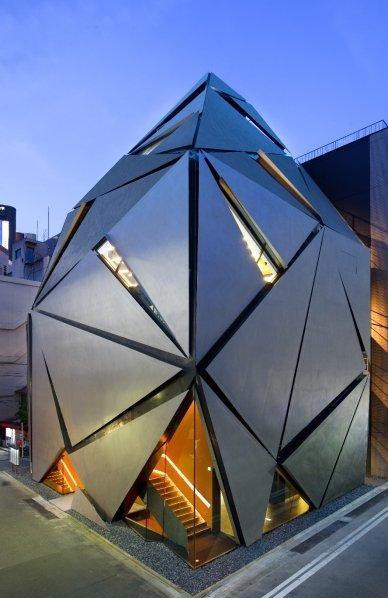 based on a manga by Tōru Shinohara, who also wrote the manga that inspired the hit Meiko Kaji series Female Prisoner Scorpion. based on a manga by Tōru Shinohara, who also wrote the manga that inspired the hit Meiko Kaji series Female Prisoner Scorpion. As a side note, the Jinbōchō Theater is an amazing structure designed by acclaimed architects Nikken Sekkei, and we uploaded a shot of it so you could have a look. It's an intimate space—99 seats, which means it was made specifically for film revivals. Generally we're all about vintage stuff and preserving history, particularly fantastic old cinemas, but nothing significant was torn down to build the Jinbōchō Theater, and in a city as modern as Tokyo a structure like this fits right in. If you're a film buff and you happen to be in that region of the globe you now have something to do in July.
 Idle handcuffs are the Devil’s playthings. 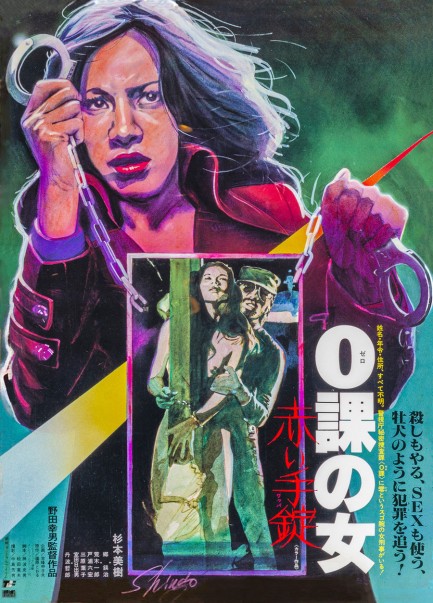
We’re into the Japanese pile again today, but for a different type of poster, and a different type of movie. This rare promo is for Yukio Noda’s Zeroka no onna: Akai wappa, aka Zero Woman: Red Handcuffs, starring Miki Sugimoto. It’s a limited edition piece painted by the famed manga artist Toru Shinohara. We watched this movie recently, and we’d tell you all about it, but do you really need another blog review, even an extraordinarily (ahem) witty and erudite one? Thought not. It’s widely available, so search it out, queue it up, and enjoy it. Zeroka no onna: Akai wappa premiered in Japan today in 1974.
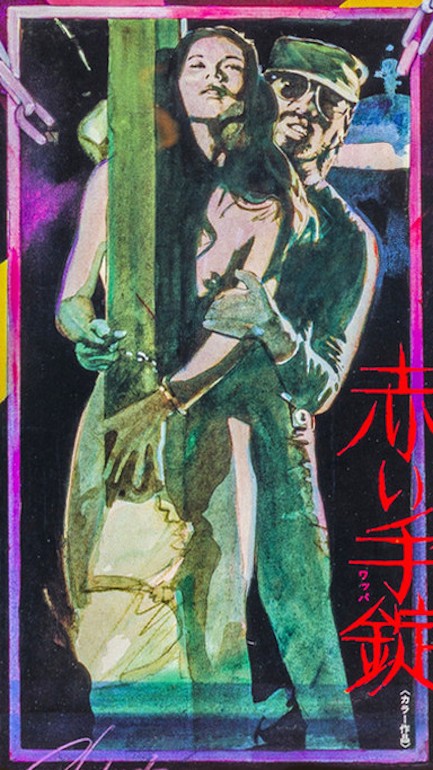 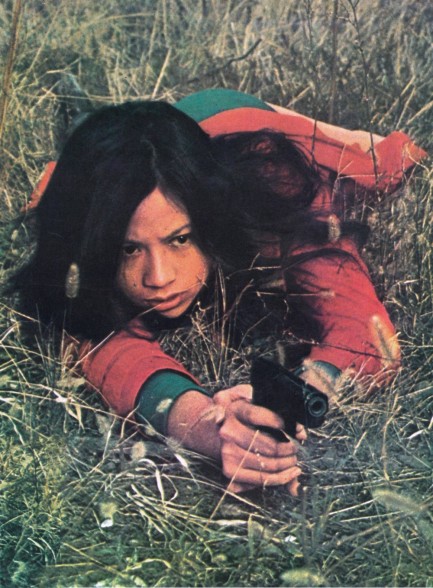
|
 |

The headlines that mattered yesteryear.
2003—Hope Dies
Film legend Bob Hope dies of pneumonia two months after celebrating his 100th birthday. 1945—Churchill Given the Sack
In spite of admiring Winston Churchill as a great wartime leader, Britons elect
Clement Attlee the nation's new prime minister in a sweeping victory for the Labour Party over the Conservatives. 1952—Evita Peron Dies
Eva Duarte de Peron, aka Evita, wife of the president of the Argentine Republic, dies from cancer at age 33. Evita had brought the working classes into a position of political power never witnessed before, but was hated by the nation's powerful military class. She is lain to rest in Milan, Italy in a secret grave under a nun's name, but is eventually returned to Argentina for reburial beside her husband in 1974. 1943—Mussolini Calls It Quits
Italian dictator Benito Mussolini steps down as head of the armed forces and the government. It soon becomes clear that Il Duce did not relinquish power voluntarily, but was forced to resign after former Fascist colleagues turned against him. He is later installed by Germany as leader of the Italian Social Republic in the north of the country, but is killed by partisans in 1945.
|

|
|

It's easy. We have an uploader that makes it a snap. Use it to submit your art, text, header, and subhead. Your post can be funny, serious, or anything in between, as long as it's vintage pulp. You'll get a byline and experience the fleeting pride of free authorship. We'll edit your post for typos, but the rest is up to you. Click here to give us your best shot.

|
|









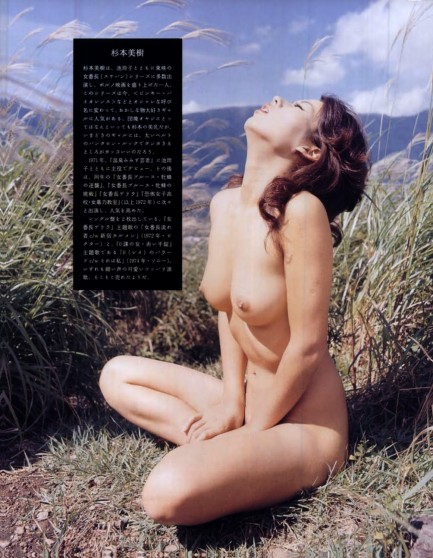




 based on a manga by Tōru Shinohara, who also wrote the manga that inspired the hit Meiko Kaji series Female Prisoner Scorpion.
based on a manga by Tōru Shinohara, who also wrote the manga that inspired the hit Meiko Kaji series Female Prisoner Scorpion.







































































